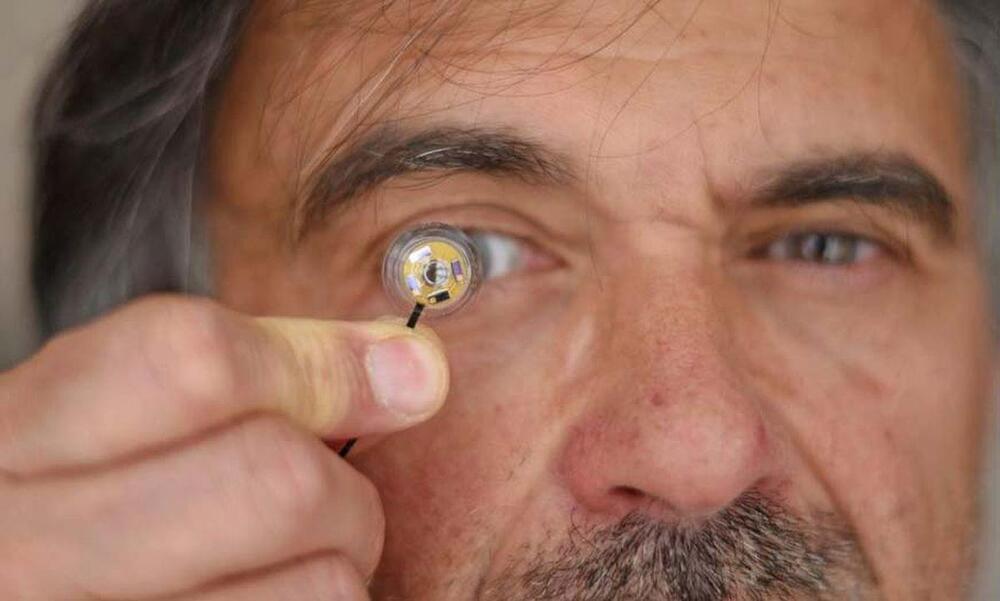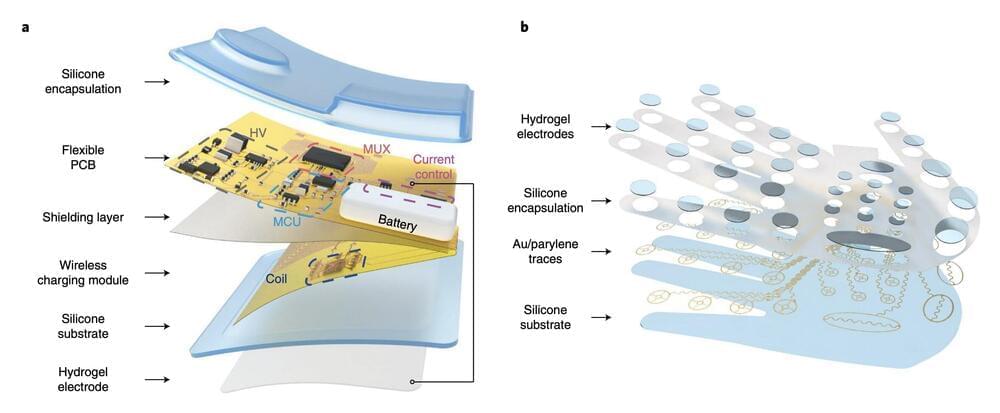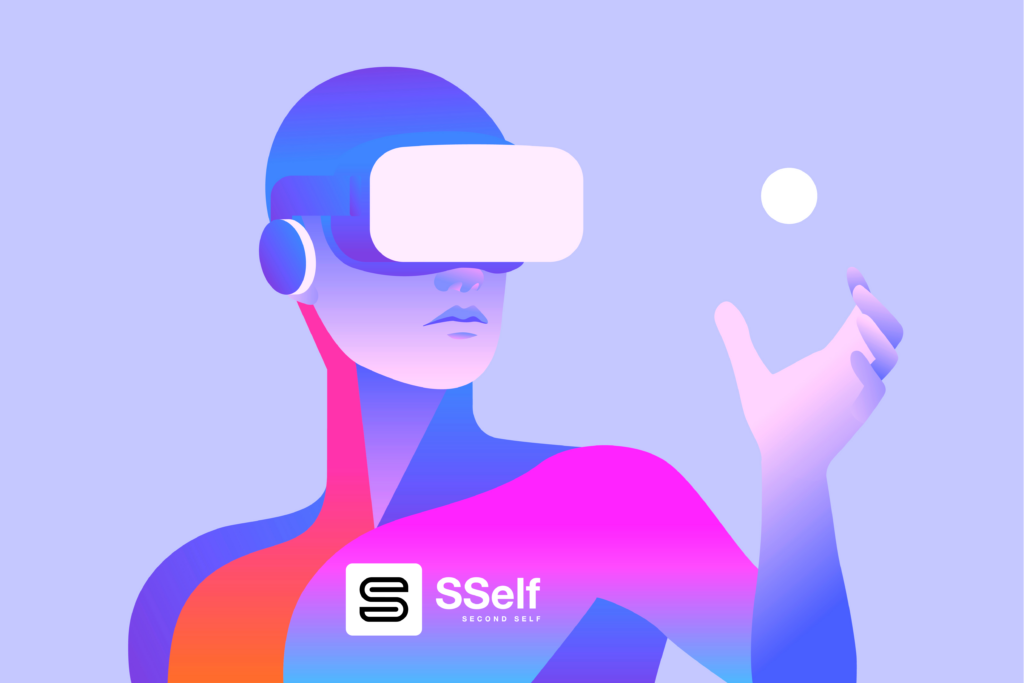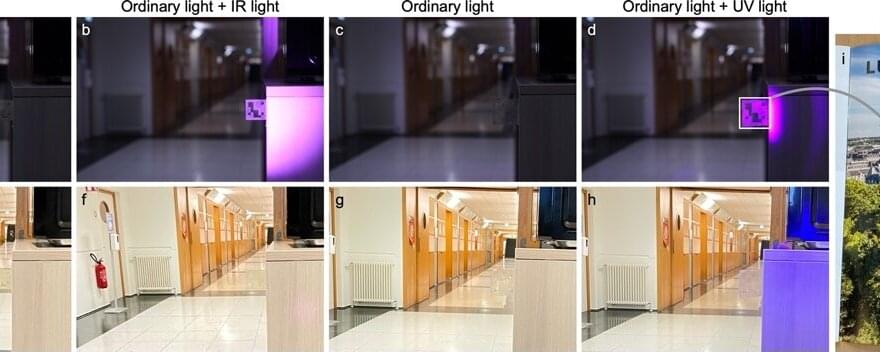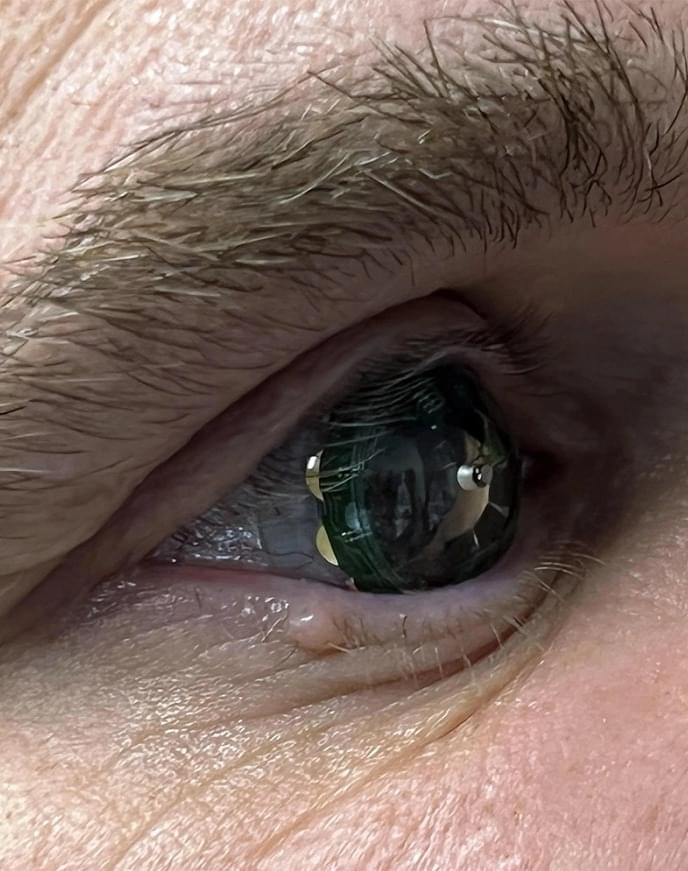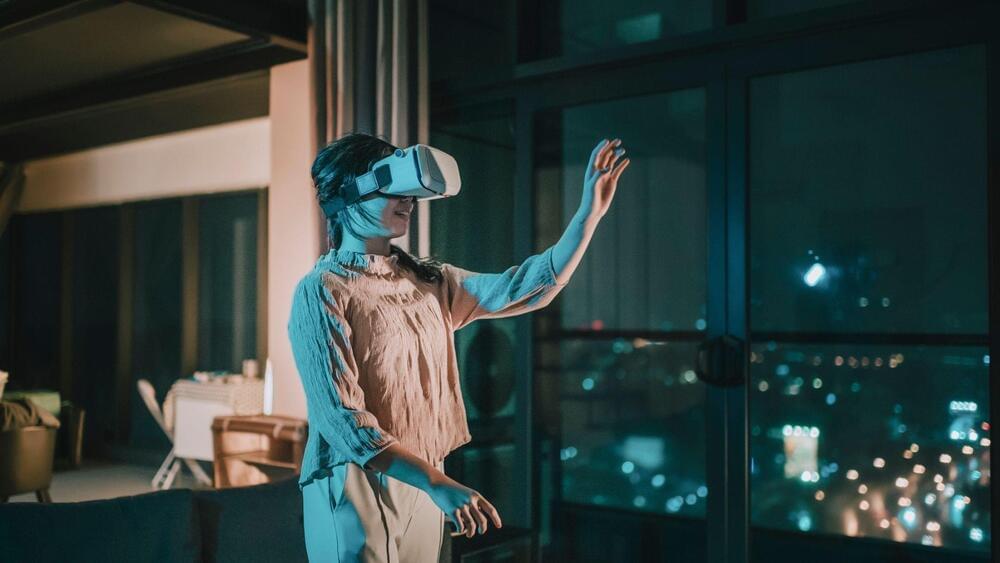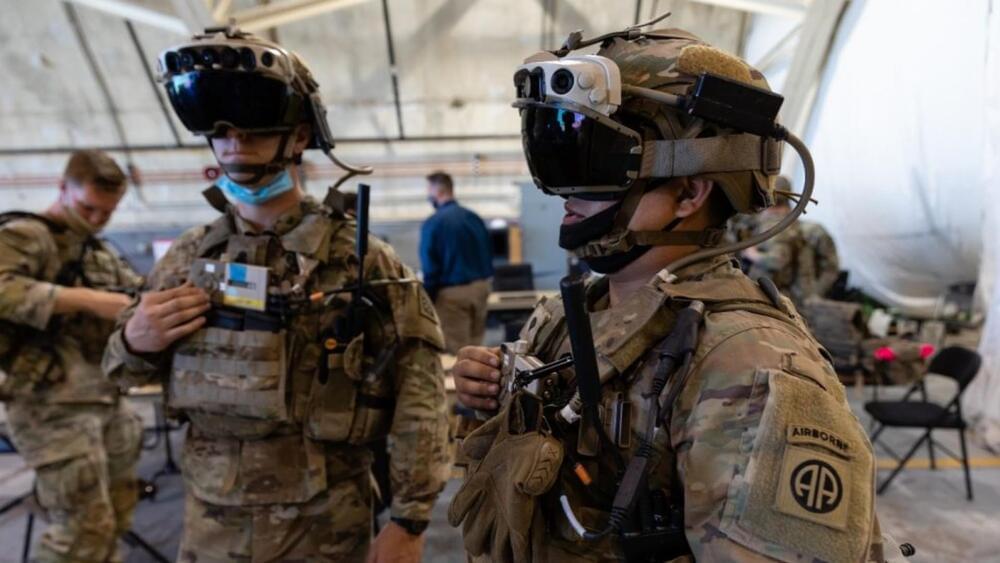Nov 8, 2022
Digital Doubles and Second Selves
Posted by Henrique Jorge in categories: augmented reality, automation, big data, computing, cyborgs, evolution, futurism, information science, innovation, internet, life extension, machine learning, neuroscience, posthumanism, robotics/AI, singularity, software, supercomputing

This time I come to talk about a new concept in this Age of Artificial Intelligence and the already insipid world of Social Networks. Initially, quite a few years ago, I named it “Counterpart” (long before the TV series “Counterpart” and “Black Mirror”, or even the movie “Transcendence”).
It was the essence of the ETER9 Project that was taking shape in my head.
Over the years and also with the evolution of technologies — and of the human being himself —, the concept “Counterpart” has been getting better and, with each passing day, it makes more sense!
Imagine a purely digital receptacle with the basics inside, like that Intermediate Software (BIOS(1)) that computers have between the Hardware and the Operating System. That receptacle waits for you. One way or another, it waits patiently for you, as if waiting for a Soul to come alive in the ether of digital existence.
